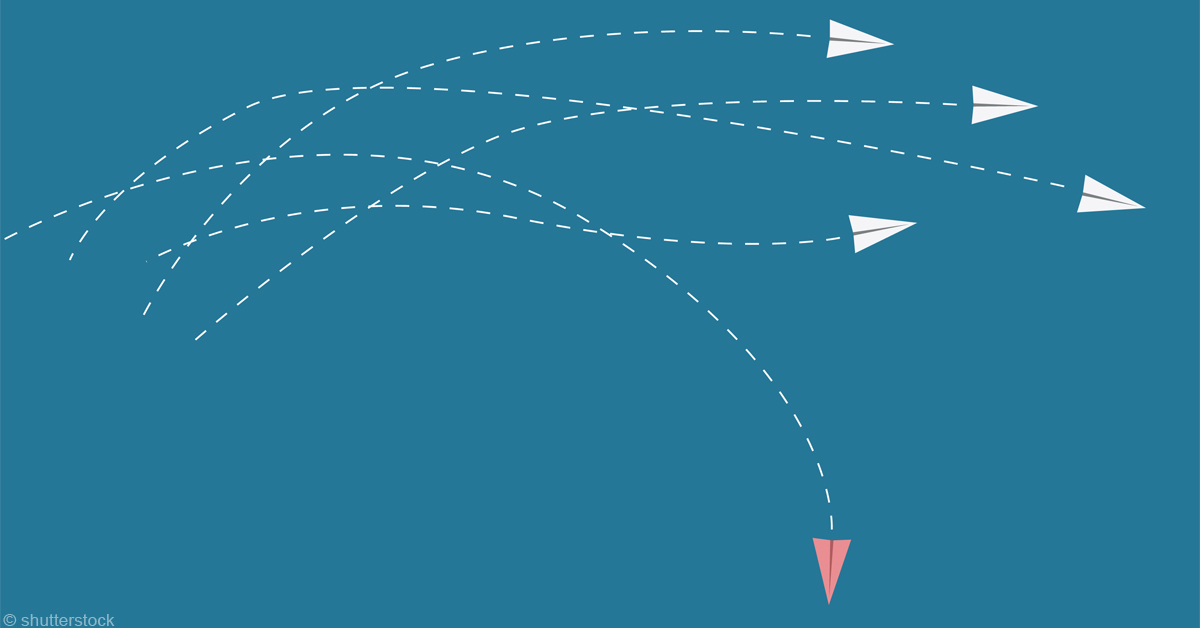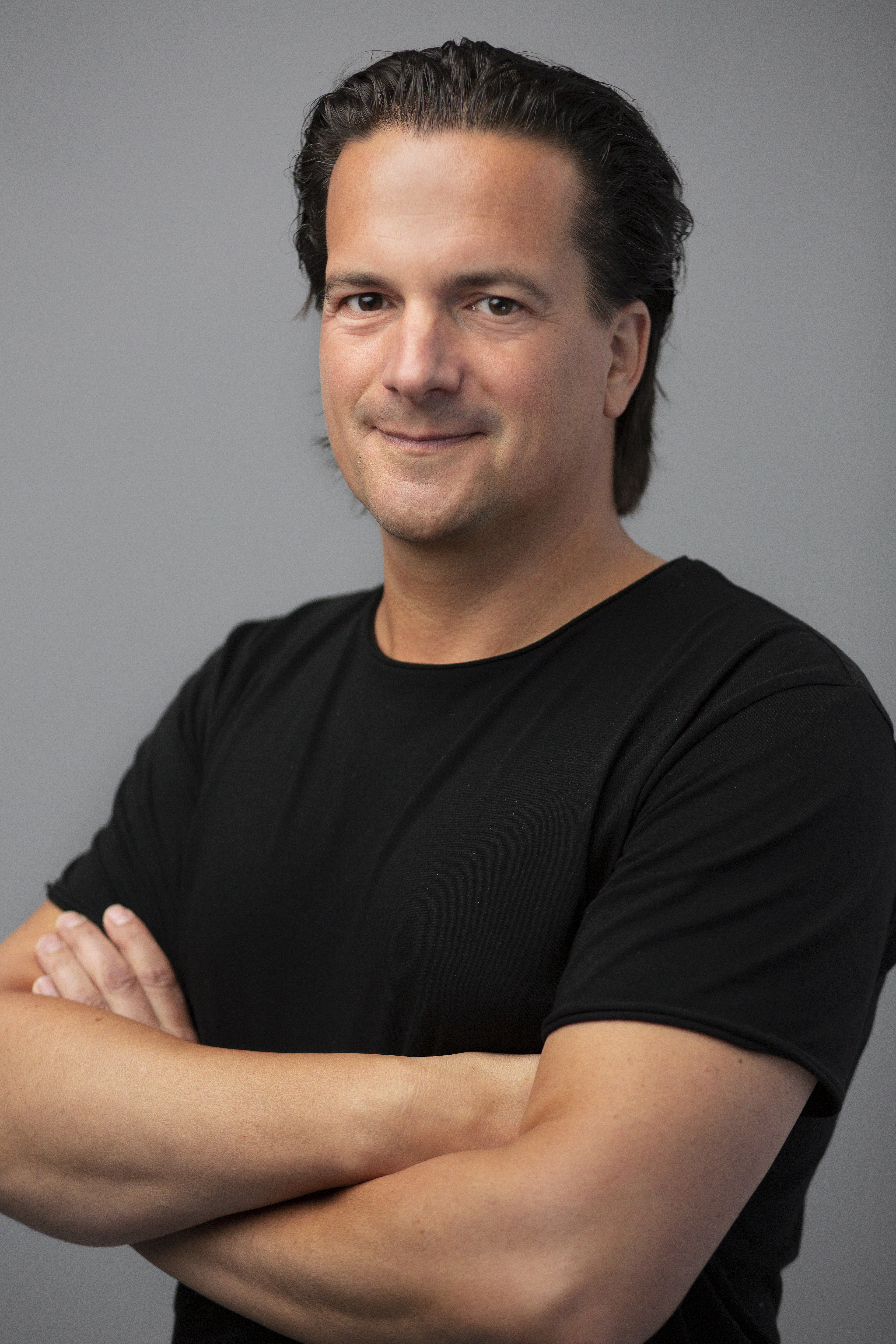Change management in disruptive times.
By Christa Schwandtner, 06.05.2020

What we can learn from COVID-19 for the design of new working environments.
COVID-19 suddenly turned the rules of the game upside down for organisations. The consequences will be felt for a long time to come. Instead of introducing processes and changes step by step into the corporate culture, changes have to happen overnight in exceptional situations. We asked Christian Vieira dos Santos, CEO of SYMBIOS and expert for transformation processes in new working environments, for an interview.
During the worldwide corona crisis, many companies have reached their limits and are operating in “emergency mode”. Is there any way to prepare for such a horror scenario?
The corona crisis is making many things that were there before even clearer. It’s like being under a magnifying glass. Corona has clearly shown us how interconnected, complex and dynamic our world is. Dynamics describes nothing other than the probability of being confronted with surprises.
Something is complex, on the other hand, when simple solutions no longer work on the basis of “if-then” relationships. So in the sense of: If A happens, I have to do B to get C. Corona is both. Dynamic and complex. It appeared unexpectedly and cannot be solved using simple responses.
Our current organisations are not designed for dynamics and complexity. On the contrary, they are based on predictability, plannability and stability. In an environment that cannot be planned because it is full of surprises, these forms of leadership and organisation no longer work. The systems that brought us prosperity in the 20th century are failing in the 21st century.
How can companies respond to dynamics and complexity?
In the meantime, we are aware of good solutions for how we have to design leadership, organisation and cooperation so we can master dynamics and complexity better. That’s what New Work and agile do best. Instead of planning, centralised control and processes based on the division of labour, there is a need for adaptability (agility), creative problem solving and the ability to organise yourself independently. Corona therefore offers us a great learning opportunity to develop these skills, so we can deal with dynamic events and complex problems better in future.
What do you think companies can do in concrete terms to seize this opportunit?
The corona crisis, for example, has meant that even the most hesitant company has had to switch to virtual collaboration. And this happened overnight, without any long negotiation processes through working from home regulations. In many cases, companies also had to find creative solutions to make this possible from one day to the next. That was agility in its purest form. These companies then also realised that you can trust your employees to work independently, even if you only see each other from time to time by video conferencing.
„Corona offers learning opportunities for the future“
Corona has shown that many tasks can also be done remotely using video conferences and collaboration tools. Will we even need offices at all in the future?
Corona acts like a magnifying glass here too. Because even before corona, more and more companies recognised the importance of the office for corporate culture. Corona is showing us that much more work can be done remotely and independently of location and time constraints. This offers, for example, a great opportunity to reduce business and commuter traffic in future. But corona is also showing us how important social exchange is for us humans. The office will therefore become a place of lively interaction even more so than before. A place where a sense of community, team spirit and cultural identity are made possible.
What is important to integrate this newly acquired knowledge into a normal working day and not fall back into our “old rut” again?
In my opinion, relapsing into old patterns of behaviour should not be underestimated. We are familiar with this effect from courses, for example: the different environment in a seminar creates a different context that makes something new possible. Once this context disappears again, the old routines quickly creep in again. Companies should therefore ask themselves which learning experiences from the corona period can become the new norm in everyday life.
What kind of people are needed to steer change in the right direction?
Self-organisation, personal responsibility, interdisciplinary problem-solving competence and the ability to change need a completely new way of thinking, a new mindset or consciousness. In my opinion, this is one of the major tasks facing managers today. To create an environment in which employees and the entire organisation can develop these skills. If this is successful, corona will also have done some good.
We human beings are born as highly creative beings who want nothing more than to grow beyond ourselves independently and in cooperation with other people. Every human being therefore innately has exactly the prerequisites that we need in future. Unfortunately, many people have unlearned these natural abilities from infancy to adulthood due to the influence of various leaders. In my opinion, this is one of the great tasks facing managers today: to create an environment in which these skills can flourish again.
Christian Viera dos Santos

Founder of SYMBIOS, expert for transformation processes and new working environments
Christian Vieira dos Santos has been working in the fields of organisational development and consulting for 25 years. With SYMBIOS, he supports companies in transitioning into the new world of work and designing new working environments.
www.symbios.at
© SYMBIOS




